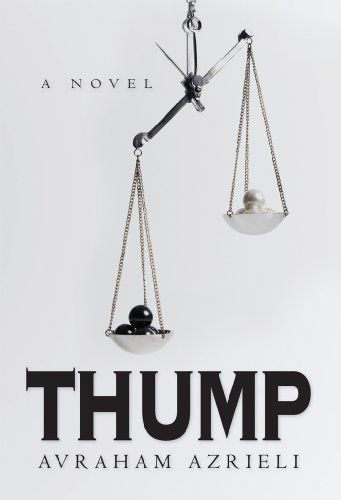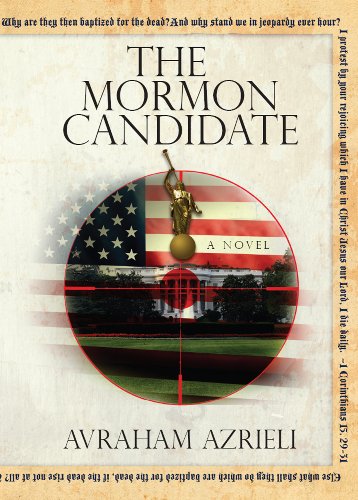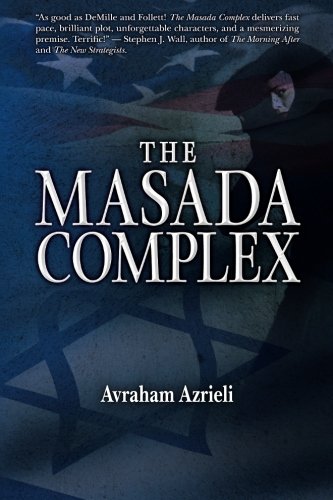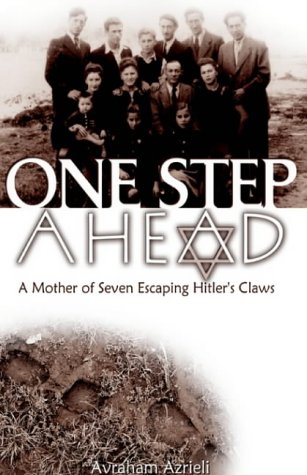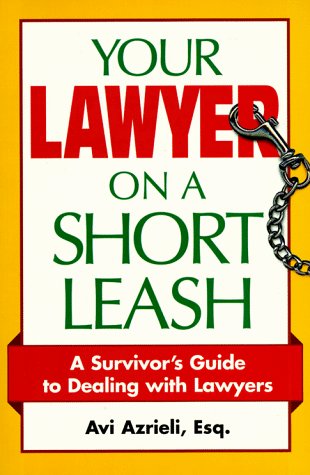
Supreme Court Ghosts
Posted on Mar 2, 2019 in BLOG | Comments Off on Supreme Court GhostsReflecting on the Supreme Court’s decision in Bush v. Gore, which cut off the ongoing vote recount process by Florida state elections officials without waiting for lower federal courts to opine, and hence decided the 2000 presidential election in favor of Bush, Justice Sandra Day O’Connor later said that “probably the Supreme Court added to the problem at the end of the day,” noting that the decision “stirred up the public” and “gave the court a less-than-perfect reputation.” (Chicago Tribune, April 27, 2013) Considering the needless (and endless) wars in Iraq and Afghanistan, and the ruinous 2008 Great Recession, I suspect Justice O’Connor’s regrets ran deeper than her measured words.
In a move that smacks of similar unseemly eagerness, the Supreme Court last week took up another politically charged case without waiting for the lower appellate courts to opine. The case, Department of Commerce v. New York, involves the decision of Secretary of Commerce Wilbur Ross to add a citizenship question to the 2020 census. This case arguably carries even greater political ramifications and long-term impact on American democracy than Bush v. Gore. How? The census determines the number of residents in U.S. counties and states, which dictates size and number of congressional districts and impacts every aspect of the political system and allocations of power in Congress, as well as financial relations of counties and states with the federal government.
Those objecting to the addition of a citizenship question argued that it would intimidate Hispanic families—even those who hold U.S. citizenship—from responding to the census and, therefore, reduce residents numbers and voting ranks in counties and states that have high immigrant populations. That fear, they argue, is even more likely in today’s environment of explicit presidential hostility towards Hispanics and the concerted, aggressive deportation efforts by federal law enforcement agencies. The administration argues that citizenship data is needed to enforce voting rights.
In January, the District Court found that “a preponderance of the evidence indicates that the citizenship question will cause a nonzero net undercount of Hispanics” and that “the addition of a citizenship question will cause or is likely to cause several jurisdictions to lose seats in the next congressional apportionment and that it will cause another set of jurisdictions to lose political representation in the next round of intrastate redistricting.” Also, “it will cause states (and their residents) to lose access to federal funding from domestic financial assistance programs that allocate funding based on census-tied geographic formulas.” The District Court concluded that “Secretary Ross’s explanations for his decision were unsupported by, or even counter to, the evidence before the agency,” that his decision was “not in accordance with the law” and “was arbitrary and capricious.” The court therefore ruled that the Commerce Department may not include the citizenship question on the 2020 census. The administration appealed directly to the Supreme Court, arguing that the matter would become moot by June because of the 2020 census preparations.
Considering the political composition of today’s Supreme Court, it is understandable why a majority of the justices was keen to take the case and, presumably, reverse the trial court’s decision and reinstate the citizenship question into the census. On the other hand, the essence of the Supreme Court as an impartial and non-partisan court of last resort is founded on the practice of waiting for trial and appeals courts to issue reasoned decisions that give rise to a ripe legal conflict for the Supreme Court to consider and set forth the law. Departing from this honorable practice, especially in a case that will substantially impact the nation’s political balance, is nothing short of a bluntly partisan judicial fiat that undercuts the very legitimacy of the Supreme Court.
In my opinion, Justice O’Connor’s wise words about Bush v. Gore should remind today’s justices of the Court’s own Ghost of Keenness Past and the folly of playing Scrooge to American democracy.
Avraham Azrieli
www.AzrieliBooks.com

